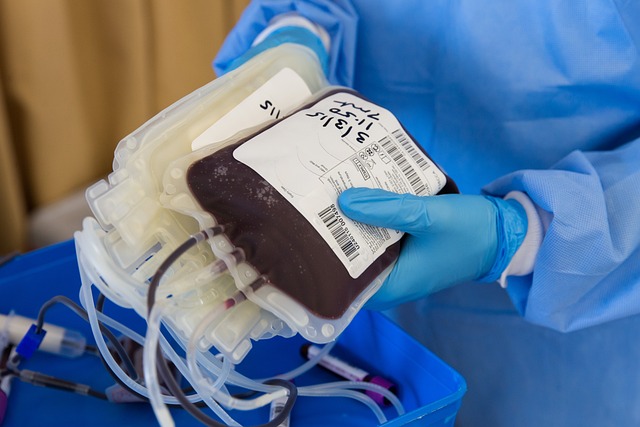Navigating ethical frameworks in finding an egg donor is crucial for protecting donors' and recipients' rights and well-being. This involves clear communication about procedures, risks, benefits, and expectations to ensure voluntary decisions without coercion. Safety and ethical practices include robust medical screening, regular check-ups, and emotional support for both parties.
Navigating the complex world of egg donation involves a delicate balance between personal choice and ethical responsibility. This process, crucial for prospective parents seeking alternative paths to parenthood, demands careful consideration. From understanding ethical frameworks governing egg donation to ensuring informed consent and rigorous medical screening, each step is pivotal. This article guides you through the key aspects, including effective communication strategies, safety protocols, psychological implications, and best practices in finding an egg donor.
Understanding Ethical Frameworks in Egg Donation
Navigating ethical frameworks is essential when considering finding an egg donor, as it ensures respect for both the donor and recipient’s rights and well-being. Ethical concerns in egg donation encompass a range of issues, from informed consent to the potential psychological impact on donors and recipients. Understanding these frameworks is crucial for establishing guidelines that protect all parties involved.
This process involves clear communication about procedures, risks, benefits, and expectations. It also includes ensuring donors are making voluntary decisions without coercion or undue influence. Ethical considerations further extend to preserving donor anonymity while respecting the right of recipients to know their donor’s medical history. These frameworks aim to foster a transparent and ethical environment in egg donation practices, ultimately enhancing trust and ensuring everyone’s dignity is upheld.
Finding an Egg Donor: Informed Consent and Communication
Finding the right egg donor involves a delicate balance between ethical practices and personal connections. The process begins with open communication, where potential donors and recipients engage in informed consent discussions. These conversations are crucial in ensuring both parties understand the implications, risks, and responsibilities involved.
Recipients must be transparent about their medical history and expectations, while donors should be fully apprised of their role and the long-term effects, including psychological impacts. Building trust through clear communication is essential for a positive outcome, fostering a supportive environment where recipients find the courage to ask questions and donors make informed choices.
Medical Screening and Safety Protocols
When considering finding an egg donor, it’s crucial to prioritize safety and ethical practices through robust medical screening protocols. This process involves comprehensive evaluations to ensure both the health and suitability of potential donors. Medical professionals thoroughly examine a donor’s medical history, conduct physical examinations, and order specific tests to identify any underlying conditions or genetic predispositions that could impact the success of the donation process or pose risks to the recipient’s health.
Safety protocols extend beyond the initial screening stage. Regular check-ups and ongoing monitoring throughout the egg donation journey are essential to safeguard both parties. This includes close monitoring during stimulation and retrieval procedures, ensuring optimal care and support for the donor while minimizing potential hazards. Adhering to these strict safety measures contributes to positive outcomes and fosters trust in the process, making it a vital aspect of navigating ethical considerations in egg donation.
Addressing Psychological Implications for Donors and Recipients
Navigating ethical considerations in egg donation involves a nuanced approach, particularly when addressing the psychological implications for both donors and recipients. For donors, the process can be emotionally taxing, as they must contend with potential physical risks, the loss of fertility, and the emotional investment in helping another family build its future. It’s crucial to provide thorough counseling and support services to ensure donors fully understand the implications and make informed decisions.
Recipients, on the other hand, often experience a range of emotions, from hope and excitement to anxiety and fear. They may feel a sense of indebtedness or worry about the well-being of the donor. Effective communication between recipient couples and their doctors is essential in managing these feelings. By facilitating open dialogue, healthcare professionals can help recipients cope with psychological stressors related to finding an egg donor, enhancing the overall success and emotional well-being of both parties involved in the process.
Navigating ethical considerations in egg donation requires a multifaceted approach, from understanding robust ethical frameworks to ensuring thorough medical screening and addressing psychological implications. By prioritizing informed consent, open communication, and comprehensive safety protocols, the process of finding an egg donor can be both ethical and empowering for all involved. Remember that, in this journey, maintaining transparency and fostering support networks are key to a successful and fulfilling experience, ultimately enhancing the possibilities of building families through compassionate and responsible means.
